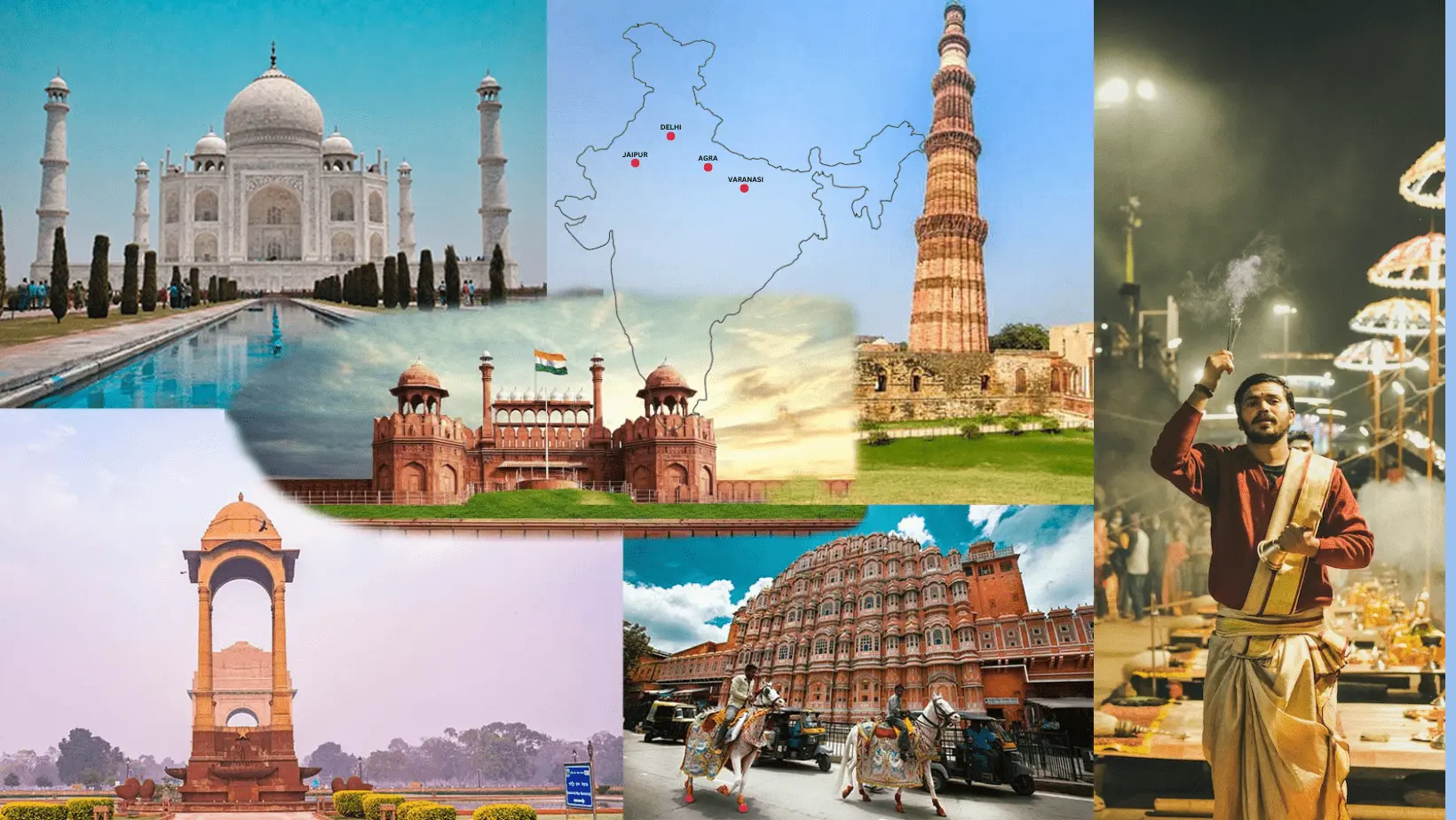Cultural Etiquette and Customs on the Golden Triangle Route: A Foreigner’s Guide
Cultural Etiquette and Customs on the Golden Triangle Route: A Foreigner’s Guide
Blog Article
The Golden Triangle Tour (link: Golden Triangle Tour) connects three iconic cities of India—Delhi, Agra, and Jaipur. This route offers foreign travelers a rich tapestry of India’s heritage, but understanding local customs is key to a respectful and immersive experience. This guide provides essential etiquette tips and cultural norms that international visitors should keep in mind while journeying through this famed circuit.
Greeting Etiquette
In the Golden Triangle, traditional greetings play a meaningful role in social interactions. A common and respectful way to greet people is by saying Namaste, with hands pressed together and a slight bow of the head. Handshakes are acceptable, particularly in urban settings like Delhi, but older individuals or those in rural areas might prefer Namaste. Avoid physical contact, like hugging or kissing on the cheek, unless invited, as this is not customary in most Indian social contexts.
Dress Modestly and Respectfully
While India is modernizing rapidly, conservative dress remains the norm, especially at religious sites and historical monuments across the Golden Triangle. In places such as the Taj Mahal, Amber Fort, or Jama Masjid, it’s advisable to wear clothing that covers shoulders, chest, and knees. Lightweight, loose-fitting cotton garments are practical given the climate and respectful of cultural norms. In temples and mosques, visitors should remove their shoes before entering prayer areas. Carrying a scarf or shawl is useful for covering your head in such sacred spaces.
Visiting Religious Sites
The Golden Triangle Tour With Ranthambore (link: Golden Triangle Tour With Ranthambore) often includes stops at temples, mosques, and shrines along with wildlife experiences. When visiting religious places, avoid pointing your feet at deities or religious symbols. Photography may be restricted inside sanctums—always check for signs or ask a guide. Donations at temples are optional, but if you choose to contribute, do so discreetly and respectfully.
Dining Etiquette
Food is a significant part of the Golden Triangle experience. When dining at local establishments or with host families, using your right hand for eating and passing food is considered polite. The left hand is generally reserved for tasks regarded as unclean. In many traditional settings, meals may be served on a banana leaf or metal plate, and cutlery might not be provided—embracing the custom of eating with fingers adds to the authenticity of the experience. Always wait to be invited before starting a meal, especially if dining in someone’s home.
Interaction with Locals
Foreign travelers often find themselves approached by curious locals, particularly in Jaipur’s markets or Delhi’s streets. Indian hospitality is warm, and you may be offered tea or conversation. Accepting these gestures is seen as friendly, but it is fine to politely decline if you prefer. Bargaining is a common practice in markets, but it should be done respectfully without aggression. When taking photos of people, especially women or rural communities, always seek permission beforehand.
Gender Sensitivities
India’s social dynamics are diverse, but foreign travelers should be mindful of gender norms, especially in smaller towns along the Golden Triangle. Public displays of affection between couples are generally frowned upon. Women travelers might find it helpful to sit next to other women on public transport where possible, as this can be more comfortable. Many areas now offer women-only queues and transport sections for added convenience and respect.
Environmental and Wildlife Respect
When your Golden Triangle Tour with Varanasi (link: Golden Triangle Tour with Varanasi) itinerary extends to sacred rivers or national parks, such as at Ranthambore or the ghats of Varanasi, maintain a respectful distance from wildlife and rituals. Avoid littering at heritage sites and natural reserves. Many temples and ghats are places of deep spiritual significance, so it’s important to observe rituals quietly without interrupting or intruding.
Tipping Practices
Tipping, while not mandatory, is appreciated in many services on the Golden Triangle route. At restaurants, a 5–10% tip is customary if a service charge hasn’t been included. Tour guides, drivers, and hotel staff also welcome small gratuities. Giving tips discreetly, with a smile, reflects thoughtfulness and respect for local practices.
Final Thoughts
Being aware of and sensitive to local customs ensures that your Golden Triangle journey is not just memorable, but also respectful of India’s rich traditions. Observing these simple cultural etiquettes enhances interactions with local communities and deepens your understanding of the destinations you visit. As you travel through Delhi, Agra, Jaipur, Ranthambore, and beyond, let cultural awareness guide your adventure.
Report this page